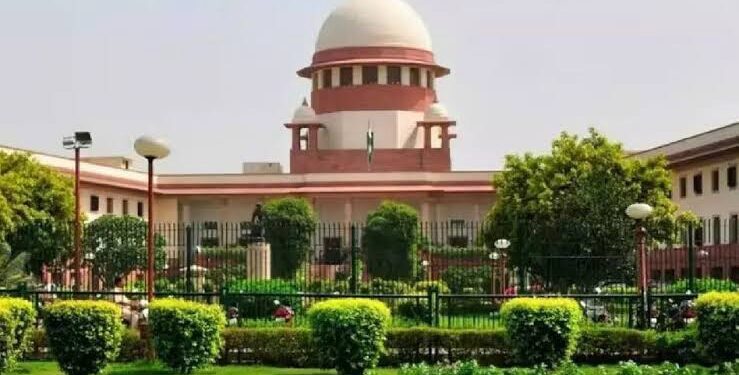Lagatar24 Desk
New Delhi: The Centre has informed the Supreme Court that it will be sharing crucial information next week concerning the pending recommendations of the collegium for the appointment of Chief Justices in several high courts across India. This development came during submissions made by Attorney General R Venkataramani before a bench led by Chief Justice D Y Chandrachud on Thursday.
The Attorney General sought an adjournment of a hearing scheduled for Friday on a PIL that questions the delays in implementing the collegium’s recommendations. “I will be providing some details about the collegium’s recommendations. Please list the plea after a week,” Venkataramani told the bench, which also included justices J B Pardiwala and Manoj Misra.
The Chief Justice responded by stating that the submissions for adjournment can be made on Friday when the matter is already set to be heard.
Jharkhand Government’s Contempt Petition
In the same session, the CJI mentioned that the Jharkhand government has filed a contempt petition against the Centre for not appointing a Chief Justice to the state’s high court. The government, led by Chief Minister Hemant Soren, has urged the top court to act on the Centre’s delay in clearing the collegium’s recommendation to appoint Justice M S Ramachandra Rao as the Chief Justice of Jharkhand High Court.
When asked about the issue, the Attorney General said, “I am not aware.”
Delay Linked to Sensitive Information
On a previous occasion, September 13, the Attorney General cited “sensitive material” as a reason for the delay in implementing the collegium’s recommendations for the appointment of Chief Justices in various high courts. He indicated that revealing this information to the public could compromise the institution’s integrity and the judges involved.
“I would like to place the inputs and my suggestions in a sealed cover for perusal by the judges,” Venkataramani had said at the time.
The PIL and Its Demands
The Public Interest Litigation (PIL), filed by advocate Harsh Vibhore Singhal, seeks to establish a fixed timeframe for the Centre to notify the appointments recommended by the Supreme Court collegium. The PIL emphasizes that the absence of a time limit allows for arbitrary delays by the government, which undermines judicial independence and harms the democratic process.
It calls for an automatic approval of judges if their appointments remain pending beyond the stipulated period. The PIL further highlights concerns over the “zone of twilight” where delays in appointments create uncertainty in the higher judiciary.
Pending Appointments
The three-member collegium, led by the CJI, had on July 11 recommended names for the appointment of Chief Justices in seven high courts: Delhi, Himachal Pradesh, Jammu and Kashmir and Ladakh, Kerala, Madhya Pradesh, Madras, and Meghalaya. These recommendations are awaiting approval from the Centre.
On July 17, the collegium made slight modifications to its previous recommendations regarding the Chief Justices for the high courts of Madhya Pradesh, Himachal Pradesh, and Jammu and Kashmir. Speculation suggests that the changes followed after the Centre provided critical information to the collegium.







